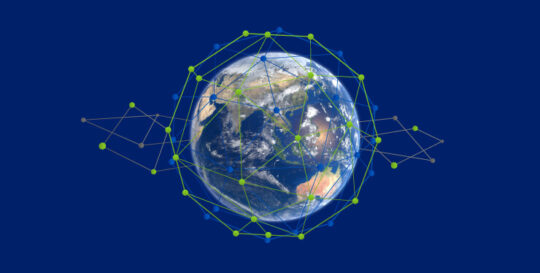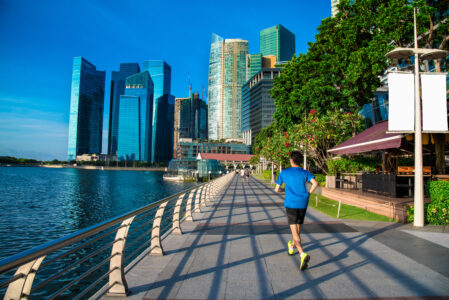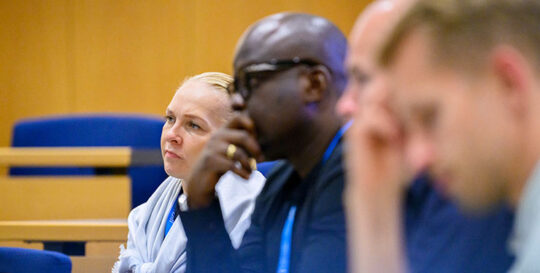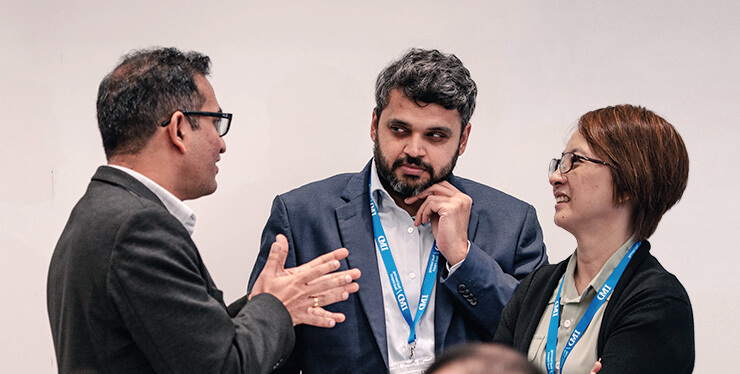


World Competitiveness Center
For over 35 years, the IMD World Competitiveness Center has pioneered research on how nations and enterprises compete to lay the foundations for future prosperity. We are dedicated to the advancement of knowledge on world competitiveness by offering benchmarking services for countries and companies using the latest and most relevant data on the subject.
Our thought-provoking content provides insights into what makes nations competitive and gives context to some of the most pressing issues of our time.
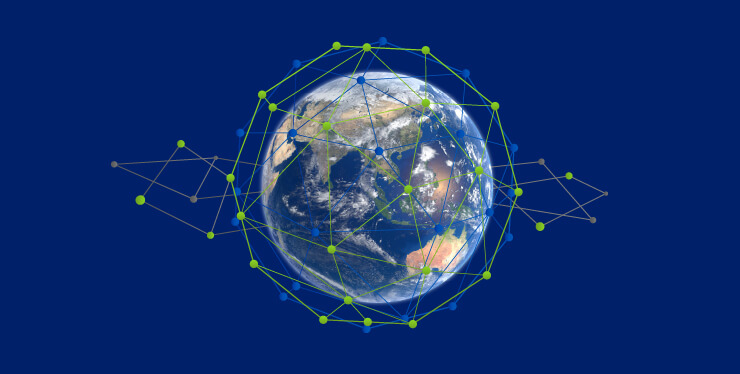
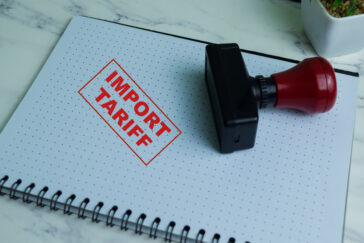
by Arturo Bris, in I by IMD

by Arturo Bris, on I by IMD
Featured publication
World Competitiveness Yearbook
The IMD World Competitiveness Yearbook is the leading annual report on the competitiveness of countries and has been published by IMD since 1989. It benchmarks the performance of 69 economies based on more than 330 criteria measuring different facets of competitiveness.
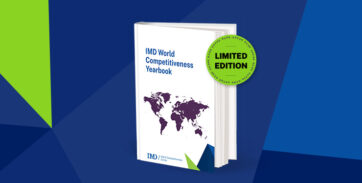
Discover our latest research and results on how countries compete to lay the foundations for sustainable value creation.
Read our latest academic articles, which are regularly published in the world’s leading business and management journals.
